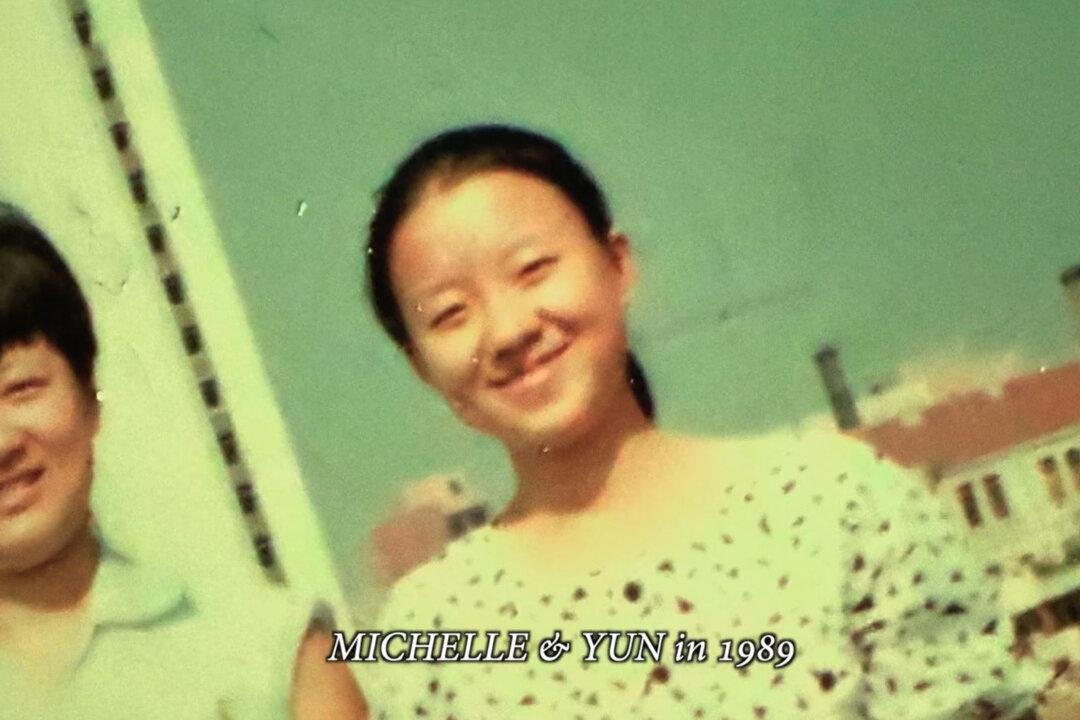NR | 1h 16m | Documentary | 2024
When I first learned about the organ harvesting industry in China years ago, it felt like a grim premise pulled straight from the “Hostel” franchise—a horrifying concept relegated to the realm of fictional nightmares. But the reality of this human rights atrocity, which has been unfolding like clockwork with minimal global scrutiny, is far more disturbing than anything a screenwriter could invent.






